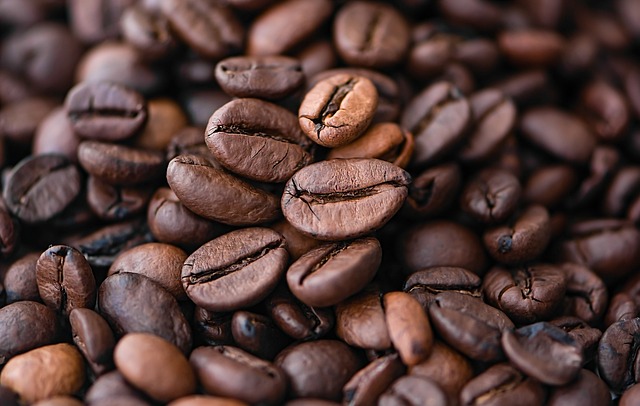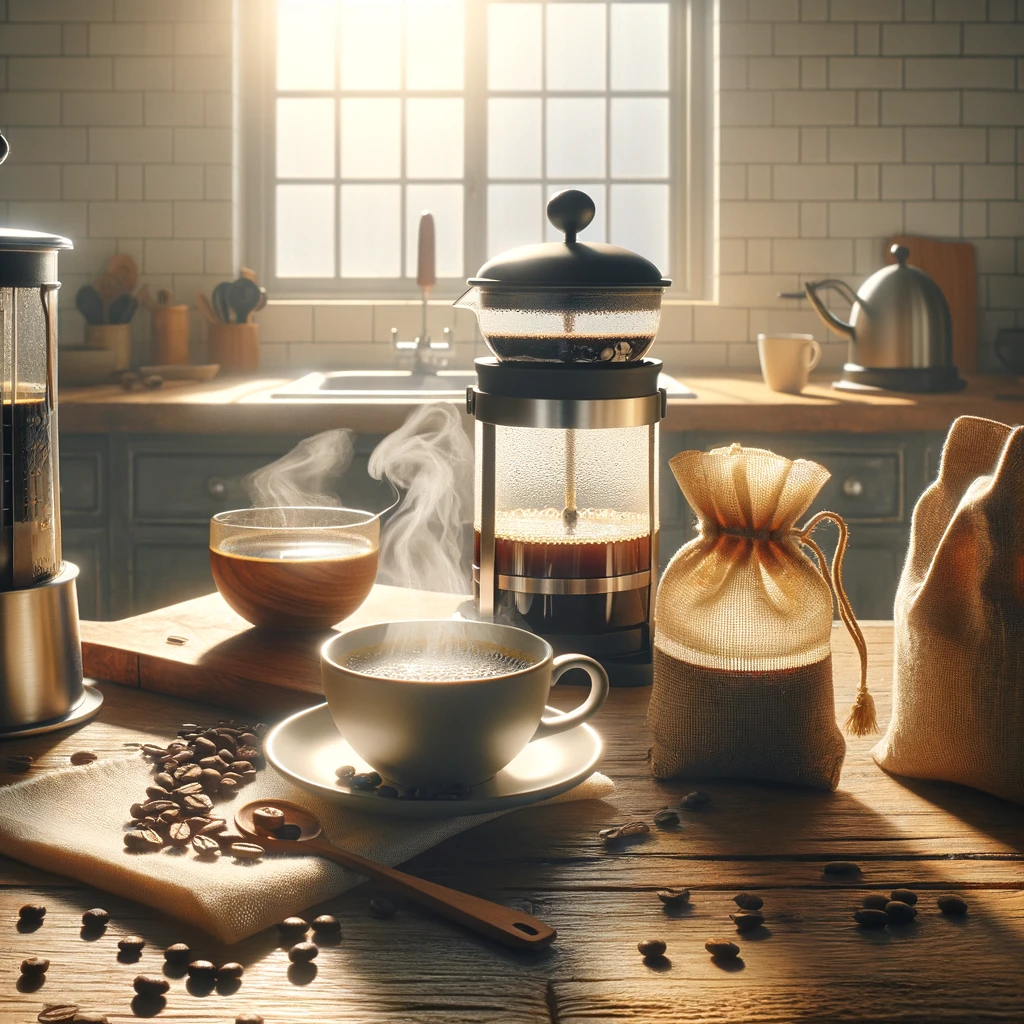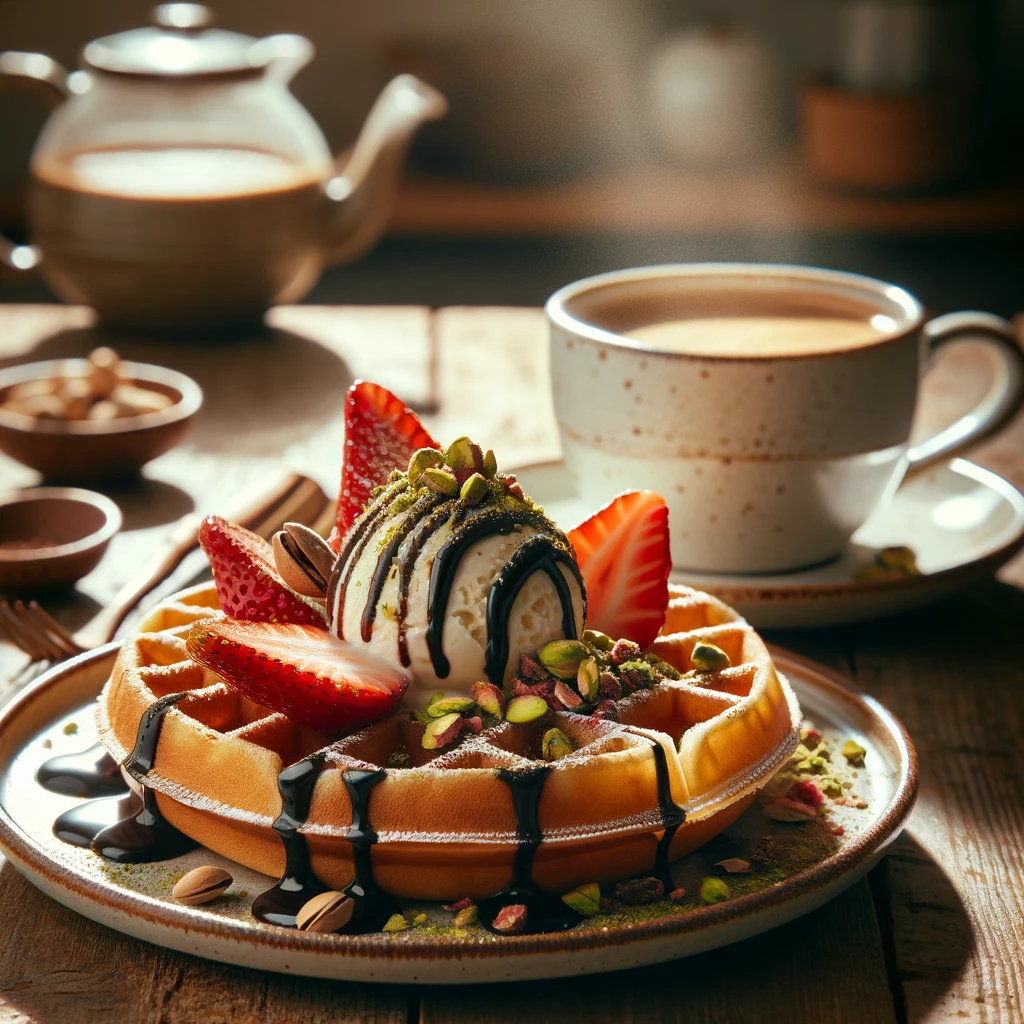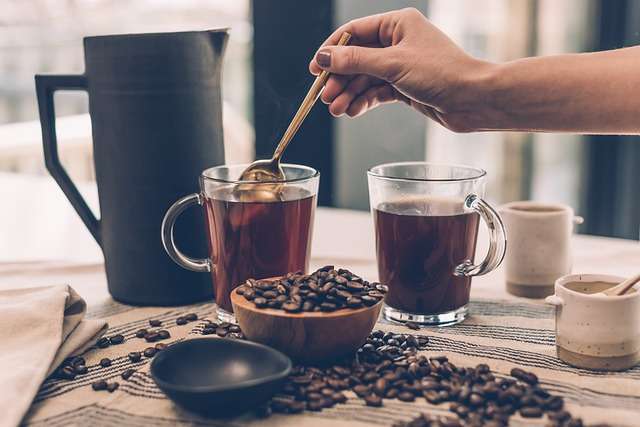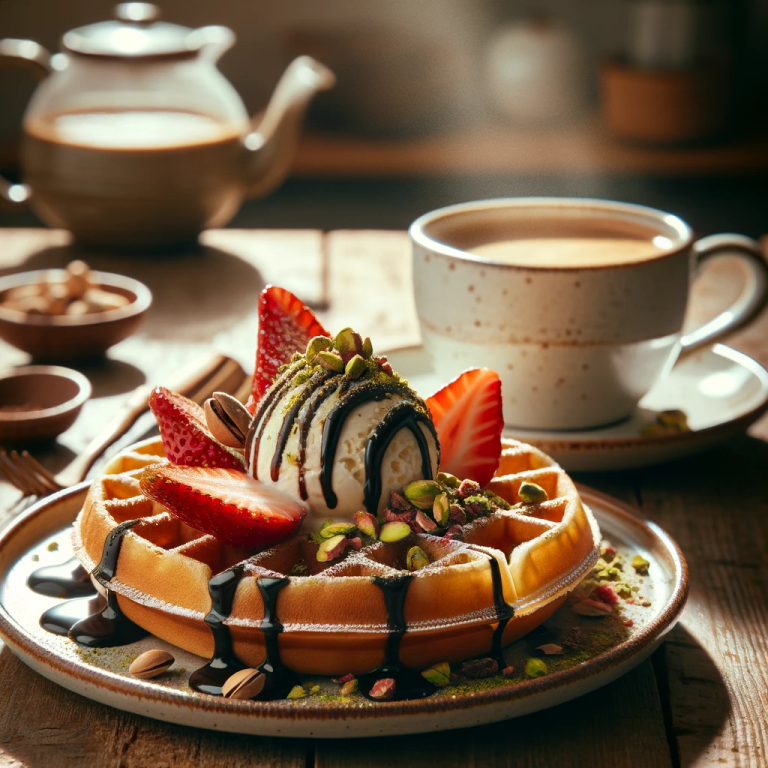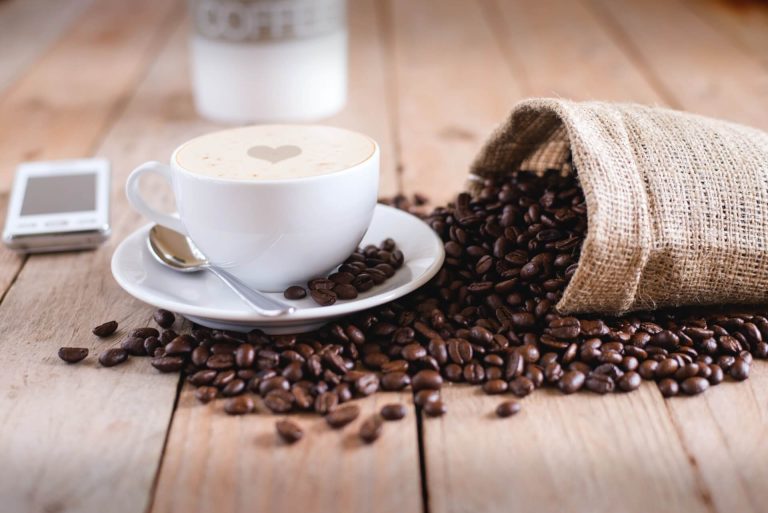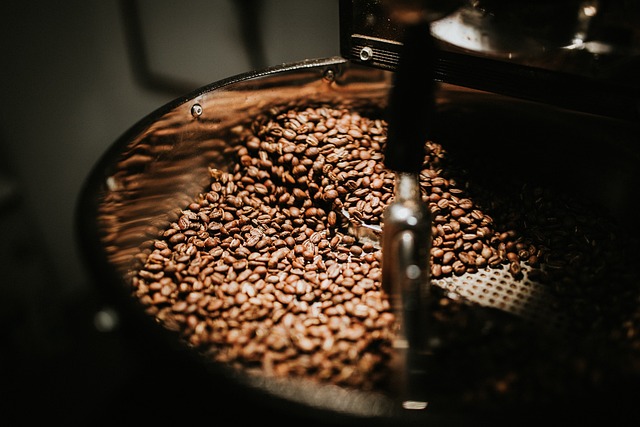Why is my Coffee so bitter?
Coffee is a beloved beverage worldwide, appreciated for its rich flavors, inviting aroma, and potential health benefits. However, sometimes the taste of coffee can be unexpectedly bitter, leaving many coffee enthusiasts searching for the reasons behind this unwelcome experience. This essay will delve into the factors that contribute to coffee’s bitterness and explore potential solutions for achieving a more pleasant and balanced flavor profile.
The bitterness of coffee can be attributed to several factors, including the type of coffee beans, the roast level, brewing techniques, water quality, and personal taste preferences. This article will argue that understanding and addressing these factors is crucial to reducing the bitterness in coffee and enhancing the overall coffee experience.
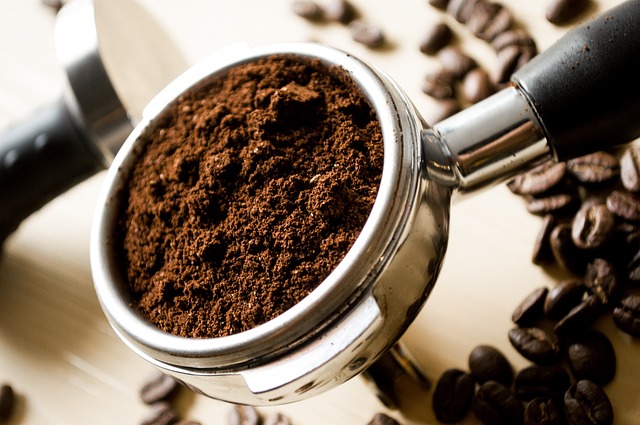
Coffee Beans and their Influence on Bitterness
Type of Coffee Beans
There are two primary species of coffee beans: Arabica and Robusta. Arabica beans are known for their smoother, more delicate flavors, while Robusta beans are characterized by a stronger, more bitter taste. The inherent chemical composition of each bean type affects the flavor profile, with Robusta beans containing more chlorogenic acids, which contribute to bitterness. Choosing Arabica beans can help reduce bitterness in your coffee.
Roast Level
The roast level of coffee beans also impacts their bitterness. Darker roasts tend to be more bitter due to the increased breakdown of organic compounds, such as sugars and amino acids, during the roasting process. This breakdown leads to the formation of bitter-tasting compounds called quinic acids. Opting for a lighter roast can result in a less bitter coffee, as it preserves more of the beans’ natural sweetness and acidity.
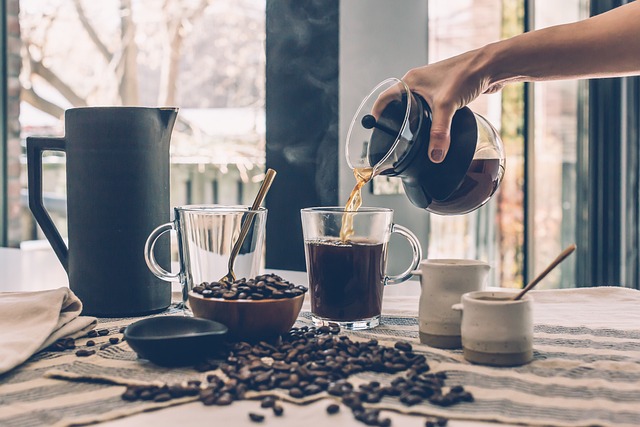
Brewing Techniques and their Effects on Bitterness
Grind Size
The grind size of coffee beans plays a significant role in determining the bitterness of the brewed coffee. A finer grind exposes more surface area, allowing the extraction of more bitter compounds, while a coarser grind results in a lower extraction rate. Using a coarser grind can help minimize bitterness, but it is essential to strike the right balance between grind size and brewing method to avoid under-extraction, which can lead to a weak or sour coffee.
Brewing Temperature
Water temperature also influences coffee’s bitterness. Higher brewing temperatures can extract more bitter compounds from the coffee grounds, as the solubility of these compounds increases with temperature. It is recommended to use water between 195°F and 205°F (90°C and 96°C) for optimal extraction, as this temperature range allows for the proper balance of flavors while minimizing bitterness.

Brewing Time
Over-extraction can lead to increased bitterness in coffee. For most brewing methods, the ideal brewing time ranges from 3 to 5 minutes. Longer brewing times can result in the extraction of more bitter compounds, while shorter brewing times can lead to under-extraction and an unbalanced flavor profile. Adjusting the brewing time according to your brewing method can help achieve a better balance of flavors and reduce bitterness.
Brewing Method
Different brewing methods can also affect the bitterness of coffee. For example, espresso is often more bitter than drip coffee due to the high pressure and short extraction time involved in the espresso brewing process. Experimenting with different brewing methods, such as pour-over, French press, or cold brew, can help you find a coffee preparation that suits your taste preferences and minimizes bitterness.
Water Quality and its Impact on Coffee Bitterness
Water quality can greatly affect the taste of coffee. Hard water, which contains high levels of minerals such as calcium and magnesium, can contribute to coffee bitterness. These minerals can react with the bitter compounds in coffee, exacerbating their taste. Using filtered water or bottled water with a balanced mineral content can help improve the taste of your coffee by reducing bitterness.
Personal Taste Preferences and Acclimation
Individual taste preferences and sensitivity to bitterness can also play a role in how bitter one perceives their coffee to be. Some people may naturally have a higher tolerance for bitter flavors, while others may find even mildly bitter coffee to be unpalatable. Additionally, regular coffee drinkers may become acclimated to the taste of coffee over time, making it less bitter to their palate.
To accommodate personal taste preferences, experimenting with different coffee beans, roasts, and brewing methods can help identify the most enjoyable and least bitter coffee experience for each individual.
Decaffeinated Coffee as an Alternative
For those who are particularly sensitive to bitterness or looking for a less bitter option, decaffeinated coffee can be a suitable alternative. Decaf coffee often has a milder flavor profile, as the decaffeination process removes some of the bitter compounds found in regular coffee. This article provides more information about the benefits of decaffeinated coffee and why it might be an appealing choice for those seeking a less bitter coffee experience.
| Factors | Solutions |
|---|---|
| Type of Coffee Beans | Choose Arabica beans for a smoother, less bitter flavor |
| Roast Level | Opt for a lighter roast to preserve natural sweetness |
| Grind Size | Use a coarser grind to minimize extraction of bitter compounds |
| Brewing Temperature | Brew between 195°F and 205°F (90°C and 96°C) |
| Brewing Time | Adjust brewing time according to your brewing method |
| Brewing Method | Experiment with different brewing methods |
| Water Quality | Use filtered or bottled water with balanced mineral content |
| Personal Taste | Experiment with various beans, roasts, and methods |
Conclusion
In conclusion, the bitterness of coffee can be attributed to various factors, including the type of coffee beans, roast level, brewing techniques, water quality, and personal taste preferences. By understanding these factors and making adjustments, it is possible to achieve a more enjoyable and balanced coffee experience.
To further explore the health benefits of coffee, you can visit this article. Understanding the potential benefits and drawbacks of coffee consumption can help you make informed decisions about your coffee preferences and habits. Ultimately, knowing how to address coffee bitterness allows you to fully appreciate and savor the delightful complexities of this popular beverage, enabling you to enjoy coffee to its fullest potential.
How to Make Your Morning Coffee Better?
How to Make Your Morning Coffee Better? Key Takeaways to Make Your Morning Coffee Better Tip Descrip…
Does Black Coffee Burn Calories?
Does Black Coffee Burn Calories? Black coffee has developed a reputation as a low-calorie beverage t…
Coffee After Breakfast
Coffee After Breakfast Introduction to Post-Breakfast Coffee Rituals In the realm of coffee enthusia…
Is black coffee stronger?
Is black coffee stronger? Remember that time at the office when I grabbed a cup of black coffee and …
Coffee with Chocolate
Coffee with Chocolate Ah, the delightful duo of coffee and chocolate! There’s something truly …
Black Coffee and Waffle Bar
Black Coffee and Waffle Bar The Joy of Coffee and Waffles There’s something incredibly comfort…

